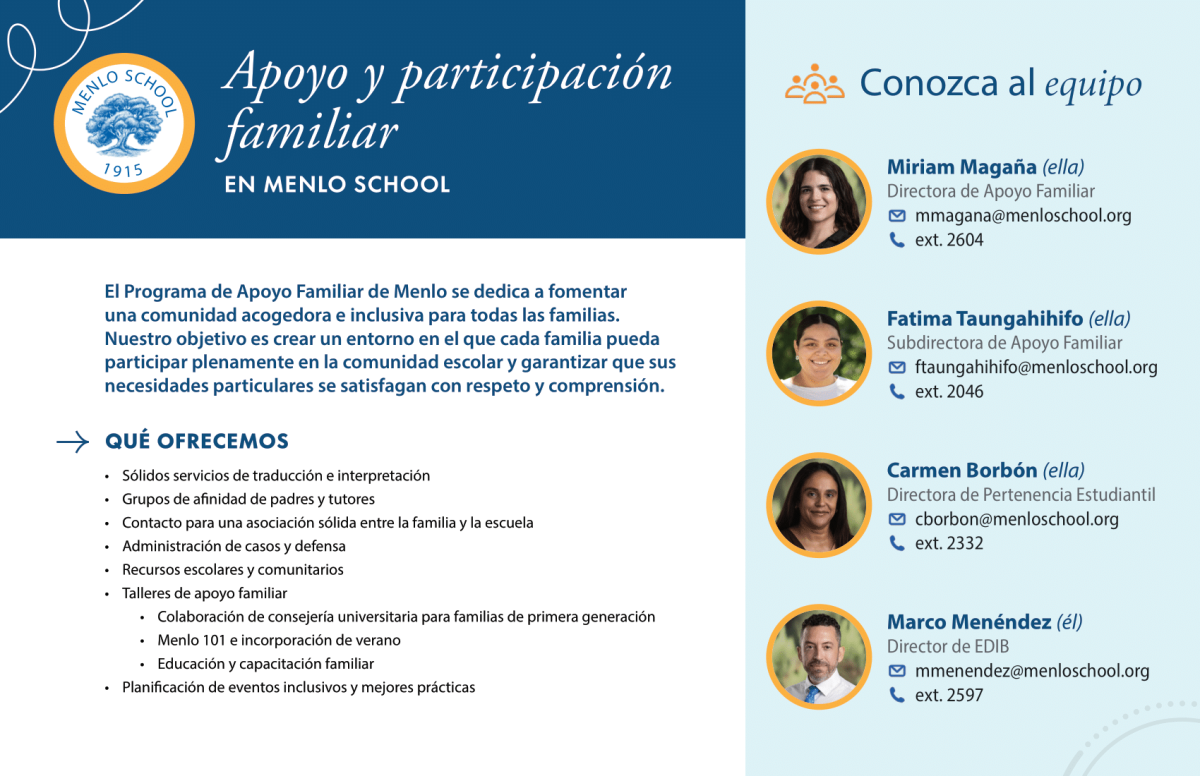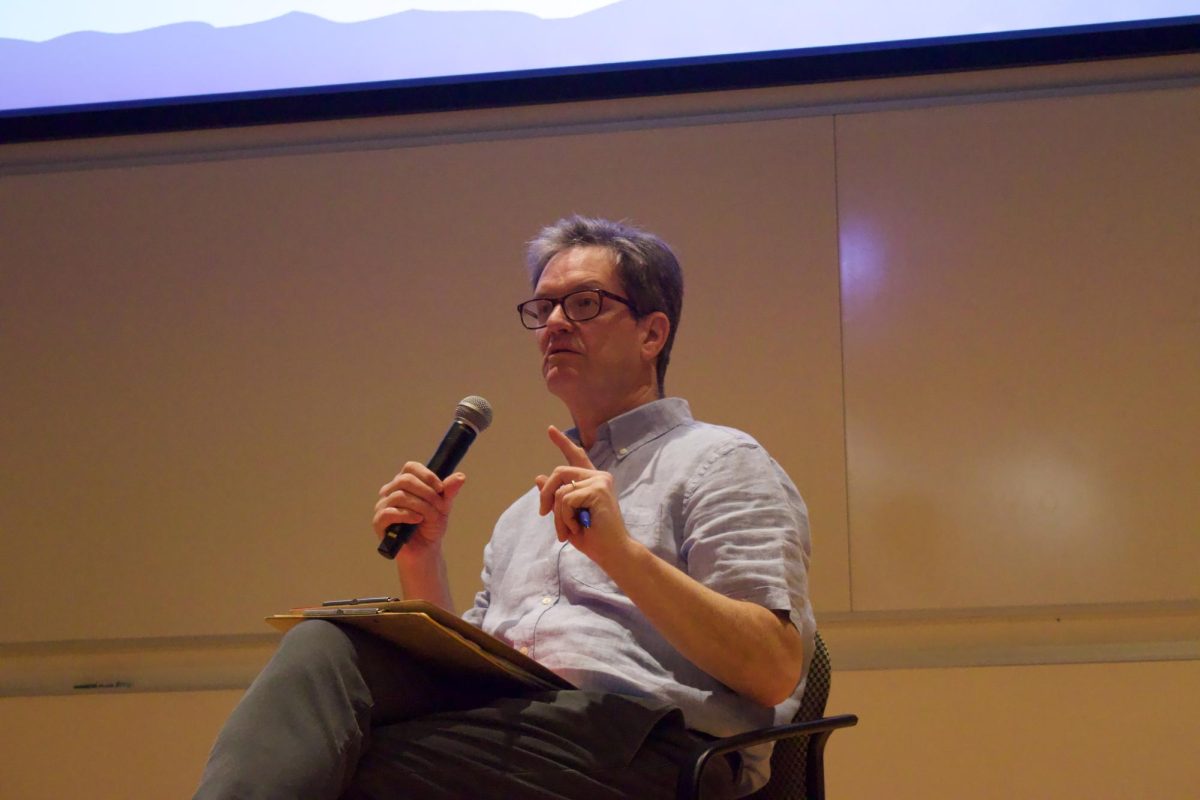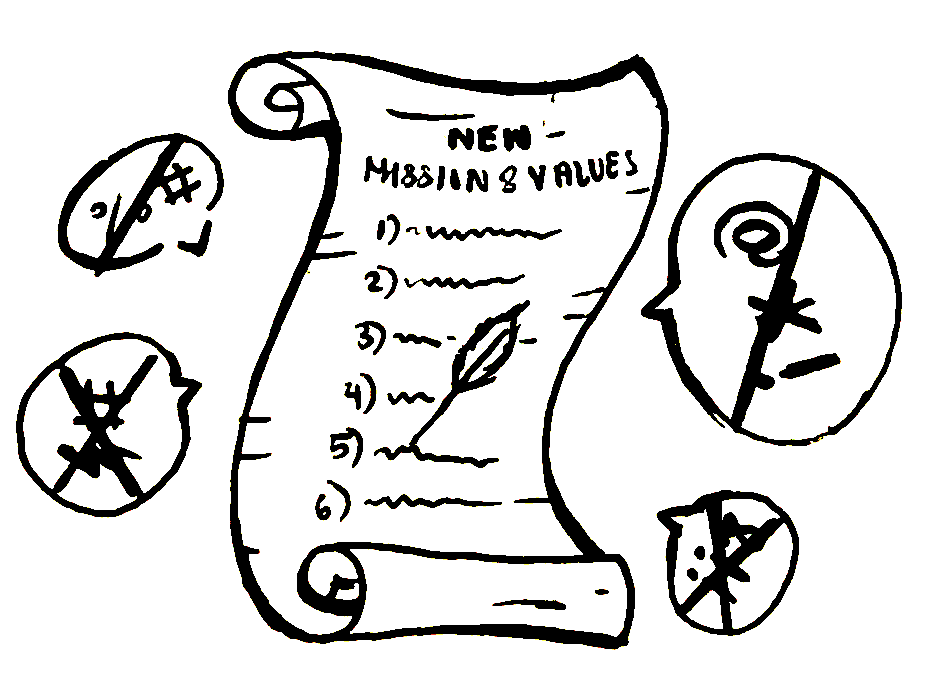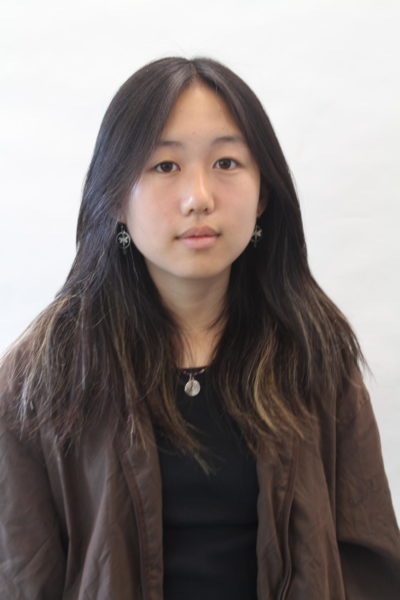After getting rid of AP Biology decades ago, the school has nearly completed its phasing out of Advanced Placement classes in the course catalog: beginning in the 2024-25 school year, all AP course offerings at Menlo will be discontinued with the sole exception of AP Physics. Former AP classes will be turned into Advanced Topics or honors courses while maintaining the rigor of an AP class as well as the associated 0.5 GPA boost.
Upper School Director John Schafer cites the school’s autonomy as a reason for pivoting away from the College Board program. “We are asserting our independence over the College Board, having more control over our curriculum and the choices available to our students,” Schafer said in an interview with The Coat of Arms.
According to Schafer, the degree to which new AT curricula will deviate from those of the associated AP classes is at the discretion of individual departments on campus. “Some of our classes will prepare students to take the AP test and others will not,” he said.
During the process of reconsidering the school’s relationships with APs, the administration consulted with college admissions officers who concluded dropping the AP label would not harm Menlo students. In fact, according to Schafer, Ivy League admissions officers pointed out that the AP label undersells Menlo’s curriculum because Menlo offers so many other interesting and distinctive classes beyond APs.
Although a handful of colleges have become more restrictive about granting credit or placement for AP tests, taking AP tests is particularly helpful for students interested in applying internationally. Still, the usefulness of taking AP tests varies for each student. “For some students, [taking an AP test] may make a lot of sense, but for others, it could be a waste of time and money,” Schafer said
Teachers like Science Department Chair Jamie Formato say taking the AP test can be valuable. “Many colleges do give credit to students who perform well on AP exams, so it’s hard to tell students not to prepare for an AP because I understand why they would want to,” Formato said.
Schafer explained that using the AP label for a course forces you to play by the College Board’s rules. “[As long as our students want to take them], we will continue to proctor AP tests as always in early May,” Schafer said.
The administration cited a variety of reasons for why it did not feel that the AP program aligned with its vision and values. During a pre-recorded video shared with the community on the school’s website, Schafer described how he felt students have had a transactional experience with Menlo’s AP curriculum.
“Students have this feeling that they need to have these classes on their transcript,” he said in the video. “They have a magnetic draw, and as a result, many of our distinctive classes [have been] fighting for enrollment.”
Some teachers, like History Department Chair Katharine Hanson, also noticed that the AP curriculum focused on skills the school was trying to de-emphasize. “We found that a lot of times students were doing the wrong kind of work,” Hanson said. “We wanted our students to enjoy learning more and be engaged for deeper understanding.”
Math Department Chair Danielle Jensen is eager to welcome three new Advanced Topics classes in place of APs into her department this fall. “We are for the change because the AP title did not accurately reflect how rigorous our program is compared to other schools,” she said.
AP Physics, taught by Deb Jensen, will be the only AP to remain on campus next year. According to Formato, this is because Jensen works for the College Board in grading AP tests and her relationship with the College Board is a “compelling” reason for keeping AP Physics for now.
Without AP guidelines, teachers will have more of an opportunity to use their creativity in the classroom, providing the most interesting and applicable material for their students. “From a teaching perspective, the AP gave us rigor, direction and something to work towards, […] but also a lot of restrictions,” Hanson said. “Now we are getting freed up to teach more on our own terms.”
Senior Natalie Jinbo-Davis believes that the departure of APs from the curriculum will benefit Menlo students. “Sometimes when taking an AP class, you’ll feel like you’re just learning things for the test rather than things that you actually want to learn about,” she said. “I think, shifting more towards honors classes instead of APs is probably a better way to hone in on what students are looking for.”










